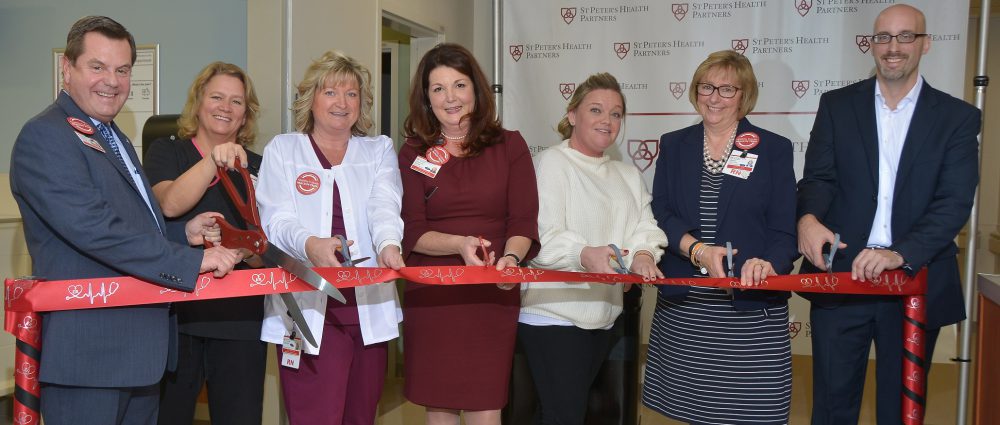
The Times Union spoke with Dr. John Janikas, director of emergency services for Samaritan Hospital, St. Mary’s Hospital, and Albany Memorial Hospital, about anaplasmosis and babesiosis. Cases of the lesser-known diseases, which are caused by ticks, are on the rise in the Capital Region.
From the story:
“In this area of the country, most clinicians should be thinking about this because it’s something endemic to us,” said Dr. John Janikas, director of emergency services for Samaritan and St. Mary’s hospitals in Troy and Albany Memorial Hospital, all part of St. Peter’s Health Partners.
Janikas directs doctors under his supervision to prescribe the antibiotic doxycycline if a tick-borne disease is suspected due to a combination of symptoms and a patient’s report of spending time camping or in the woods, say, even if the patient does not remember being bitten by a tick. That antibiotic is usually effective for both Lyme disease or anaplasmosis.
A smear of blood must be examined under a microscope to identify babesiosis, which is caused by a parasite. Results for babesiosis are usually available within hours, so doctors can call back a patient if the parasite is found and switch the medication, Janikas said. The treatment for babesiosis is a combination of medications, either quinine and clindamycin or atovaquone and azithromycin, according to the state Health Department.
In the community hospitals where Janikas works, patients often show up at the emergence room with potential tick-borne illness that is not severe but requires treatment.
Read the full story here.





